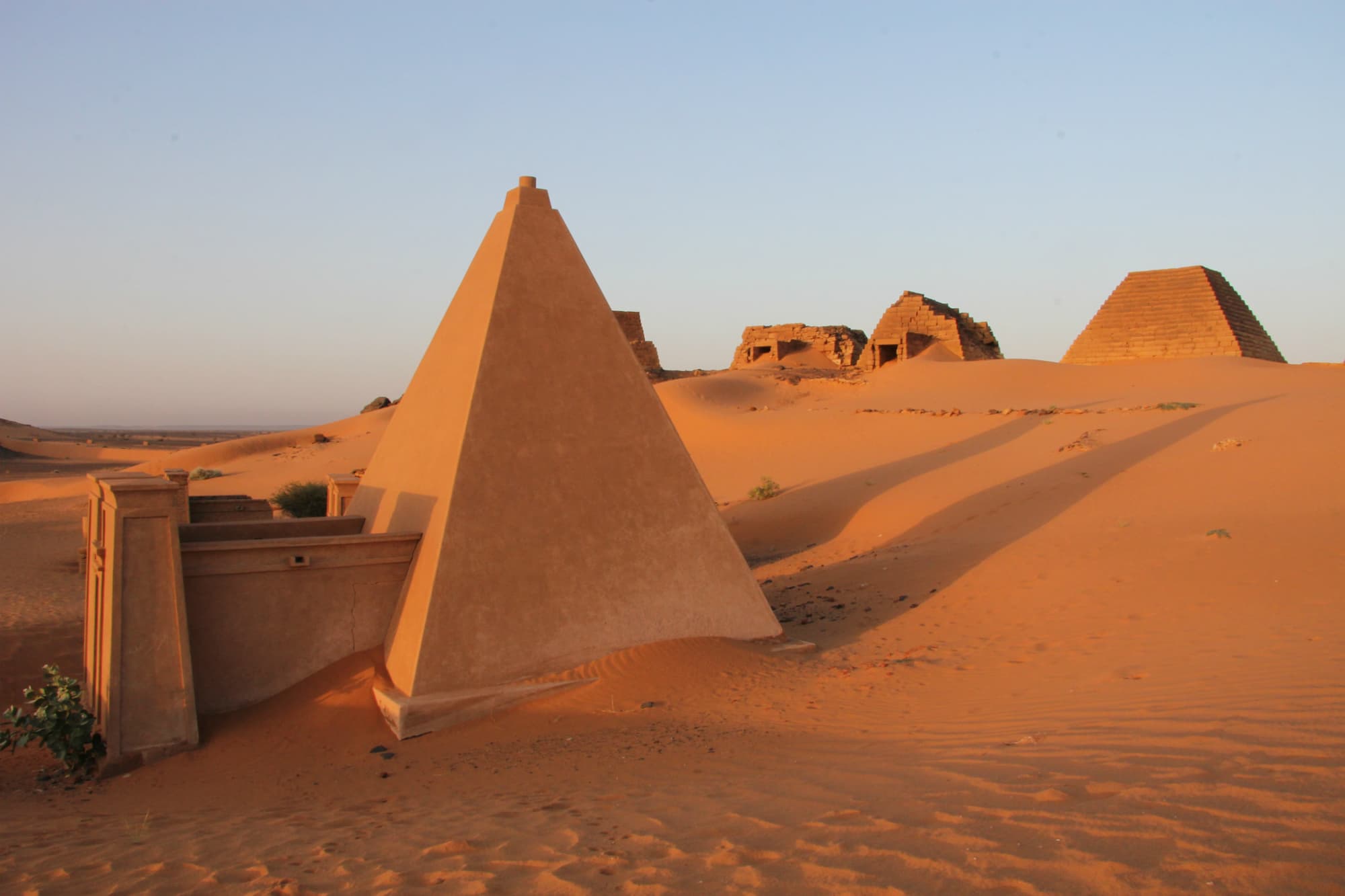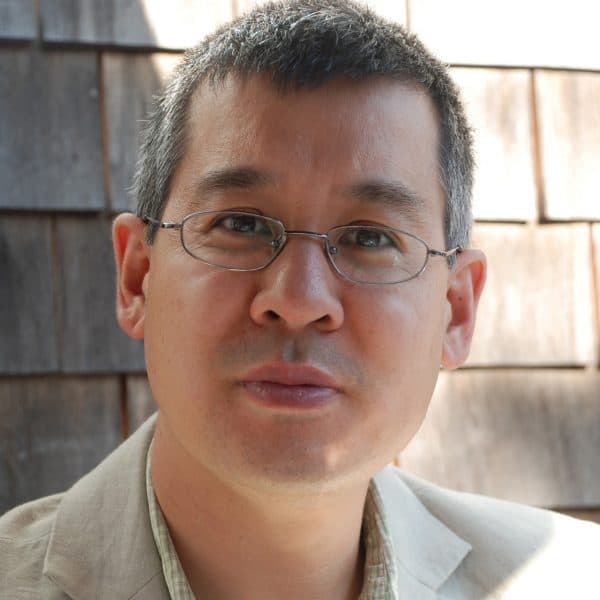Advertisement
Commentary
I Took My 11-Year-Old Daughter To Work ... In Sudan

Last year, I took my daughter to one of my part-time jobs: to northern Sudan, where she accompanied me as I worked as an archaeologist.
No, I’m not crazy, and yes, her mother knew (and we are still married). Ironically, the first time I ever suggested going to Sudan by myself, it took weeks to convince my wife that I would be safe. This time, she practically shoved my daughter into my care, almost like a dare.
Now you think both parents are crazy. But the civil war has most recently been fought in the new nation of South Sudan. Sudan itself has been more stable since the south achieved independence in 2011, and the village of El Kurru in northern Sudan is farther away from Darfur than Boston is from Columbus, Ohio. (And there are roads, not the Sahara Desert, between Boston and Columbus.)
And yes — I did worry. After all, I was bringing an 11-year-old girl to a country that practices Sharia law. But my worrying was abstract. I’ve been working at the same excavation site for the last four years, so I could picture each of the steps involved in traveling to the site from Khartoum. Still, as a parent I got freaked out watching the movie "Taken" because it planted the idea that some random foreigners might snatch my daughter.
And yes -- I did worry. After all, I was bringing an 11-year-old girl to a country that practices Sharia law.
In fact, all my worrying was speculative. At any given moment on our trip — with one exception — I never had anything to fear and plenty to appreciate.
Although my daughter missed a couple of weeks of school, they were offset by many new experiences: hearing the call to prayer and learning a few words of Arabic; working on an excavation and seeing the different jobs involved in archaeological research. She was a bit surprised when I mentioned on the way to Logan that white people were a small minority in Sudan. “I never thought about that!” she said.
One day, we endured a hellish minibus ride complete with a two-hour wait at a police checkpoint as the authorities tried to comprehend that foreign tourists wanted to travel in their country. We were going out of our way to see Meroë, a site of pyramids in the desert — totally worth the hassle of the trip. In fact, choosing the unfamiliar became a factor when making our decisions. Why not try something new? When else will we get this chance?
Advertisement
The first time we called home, she said, “Mom, the showers here are amazing! There’s no temperature control, but it’s just so refreshing!” That’s when I knew she had the right attitude.
Still, 10 days later, she gave me reason to worry. She had a bad stomachache and left the house compound to wander the village, looking for me. Some older men pointed me toward her. When I found her, I had to will myself not to scold her, but instead calmly remind her about the rules we had established that limited her walking alone. (The houses were not very distinctive; she would lose her way when we walked together.)
Back to the positives: She got to meet my colleagues on the dig. My daughter met Danes and Spaniards and people who lived in the U.K. and Germany, as well as Sudanese and other Americans. She learned that Danish licorices are disgusting, got invited to Spain and played Wiffle ball with local Sudanese kids. In the village, she saw how people balanced rural poverty with personal dignity. Most people had well-worn, patched clothes, but they kept them clean and neat and stood with excellent posture.
She learned that Danish licorices are disgusting, got invited to Spain and played Wiffle ball with local Sudanese kids.
A budding artist, she had a chance to flip through an architect’s sketch book and hear him talk about how many hours he spent drawing in college. A girl who says she doesn’t like math, she helped me draw a measured plan of an underground temple, recording numbers and watching how I used proportional scales and geometry to transfer measurements from the real world onto paper. The daughter of a physician, she had the opportunity to dig up a child’s skeleton from a millennium ago with a physical anthropologist who pointed out various bits of anatomy and showed how baby teeth could determine the age of the child.
Plus, she spent a lot of time listening to smart people talk to each other. She heard one archaeologist tell his story of growing up home-schooled by fundamentalist Christians, losing his faith and then applying to college without a high school degree. These are the sorts of conversations that flow when people have time to just sit and talk — situations that, at my age, I rarely find myself in. She’ll find herself in these situations soon enough, in college dorms and cafes.
Also, she learned how to conjugate a lot of swear words.
On one of our last days, she told me she was going to appreciate home more. Like what? I asked. “Drinking water from the tap and regular toilets and hot water.” I was proud of her maturity. But she is honest, so when I asked, "How long do you think you’ll have that appreciation?" she took some time to think it through. “About two weeks," she said. "Then I’ll probably be spoiled again.”
